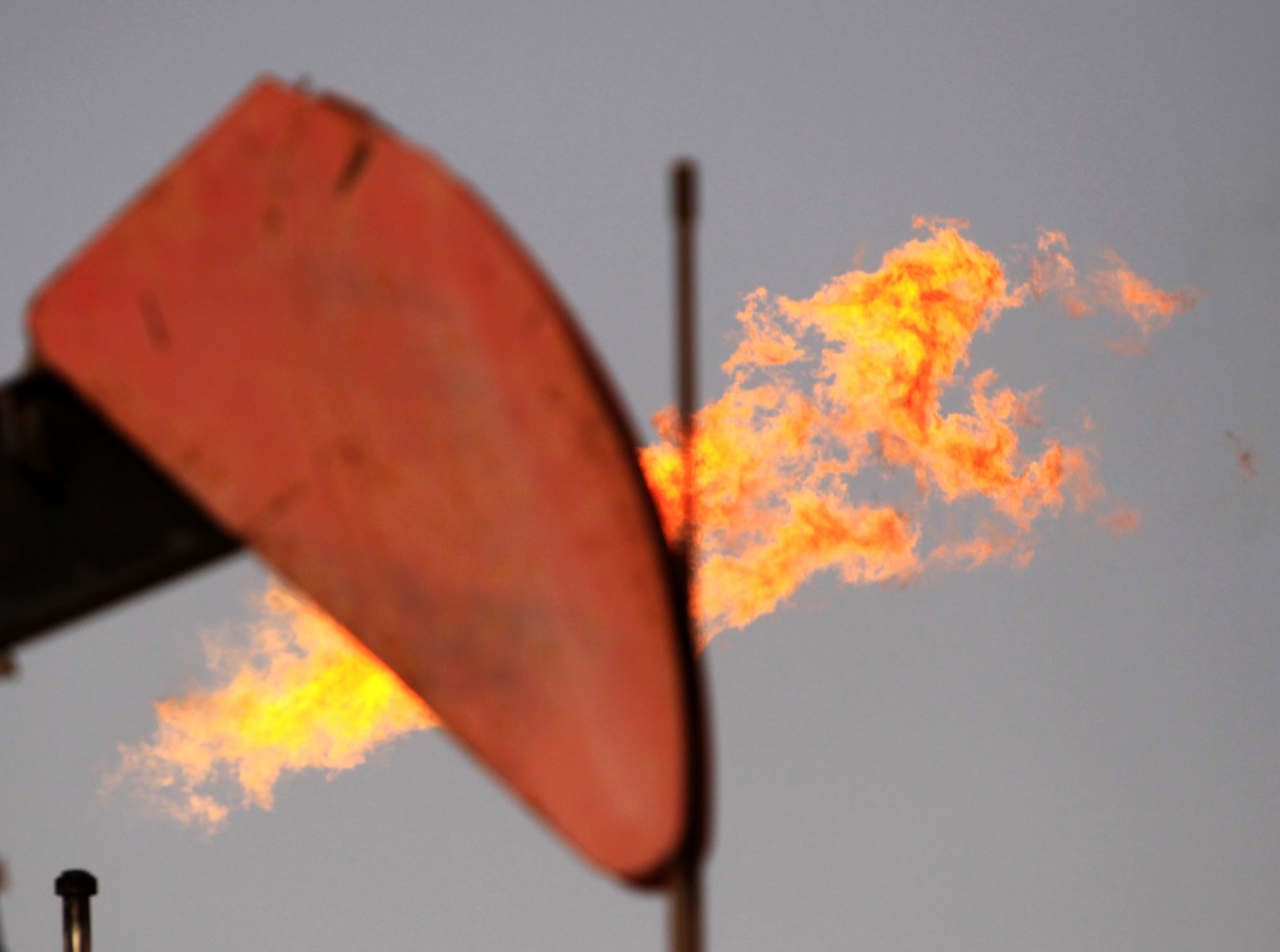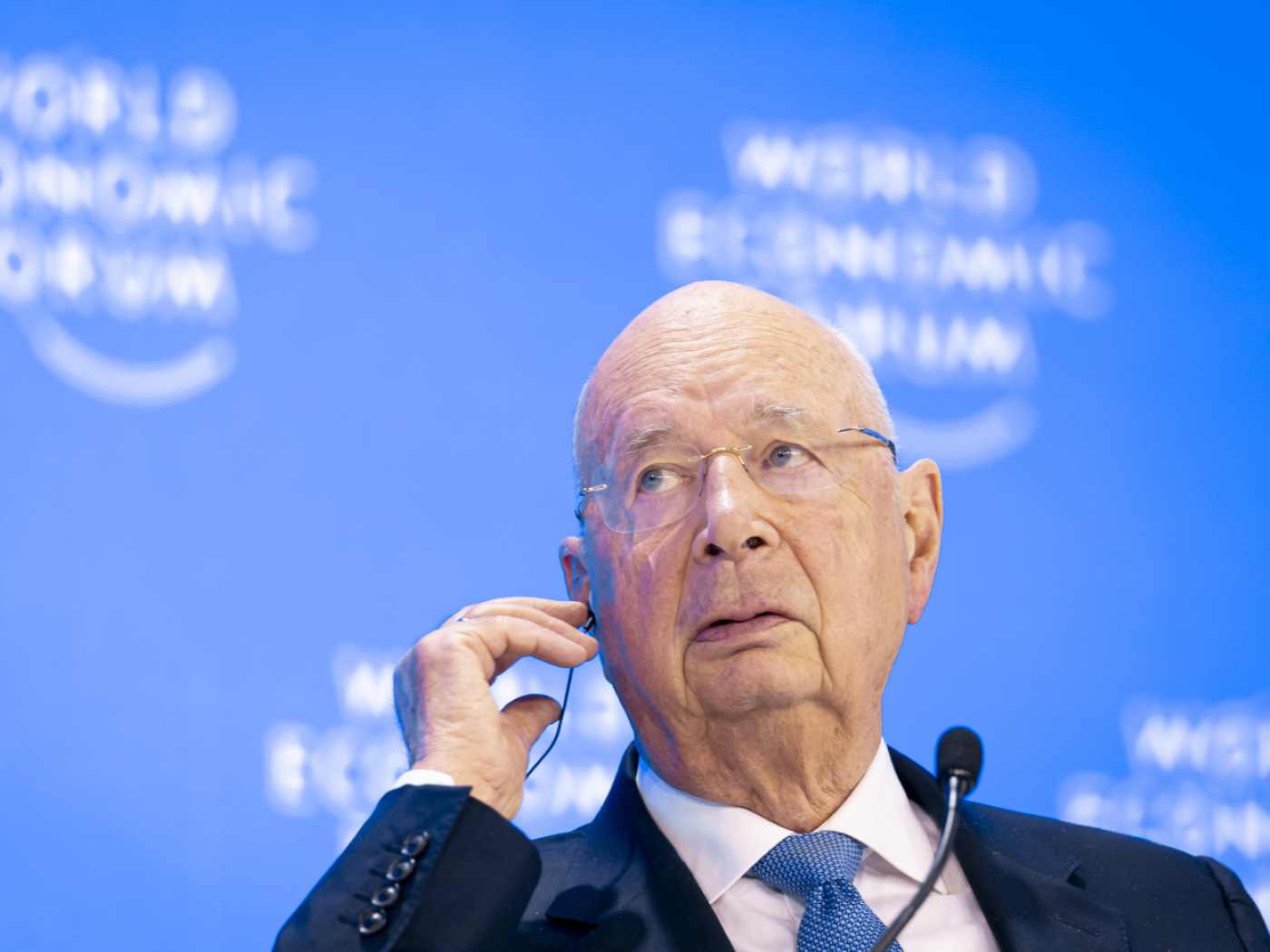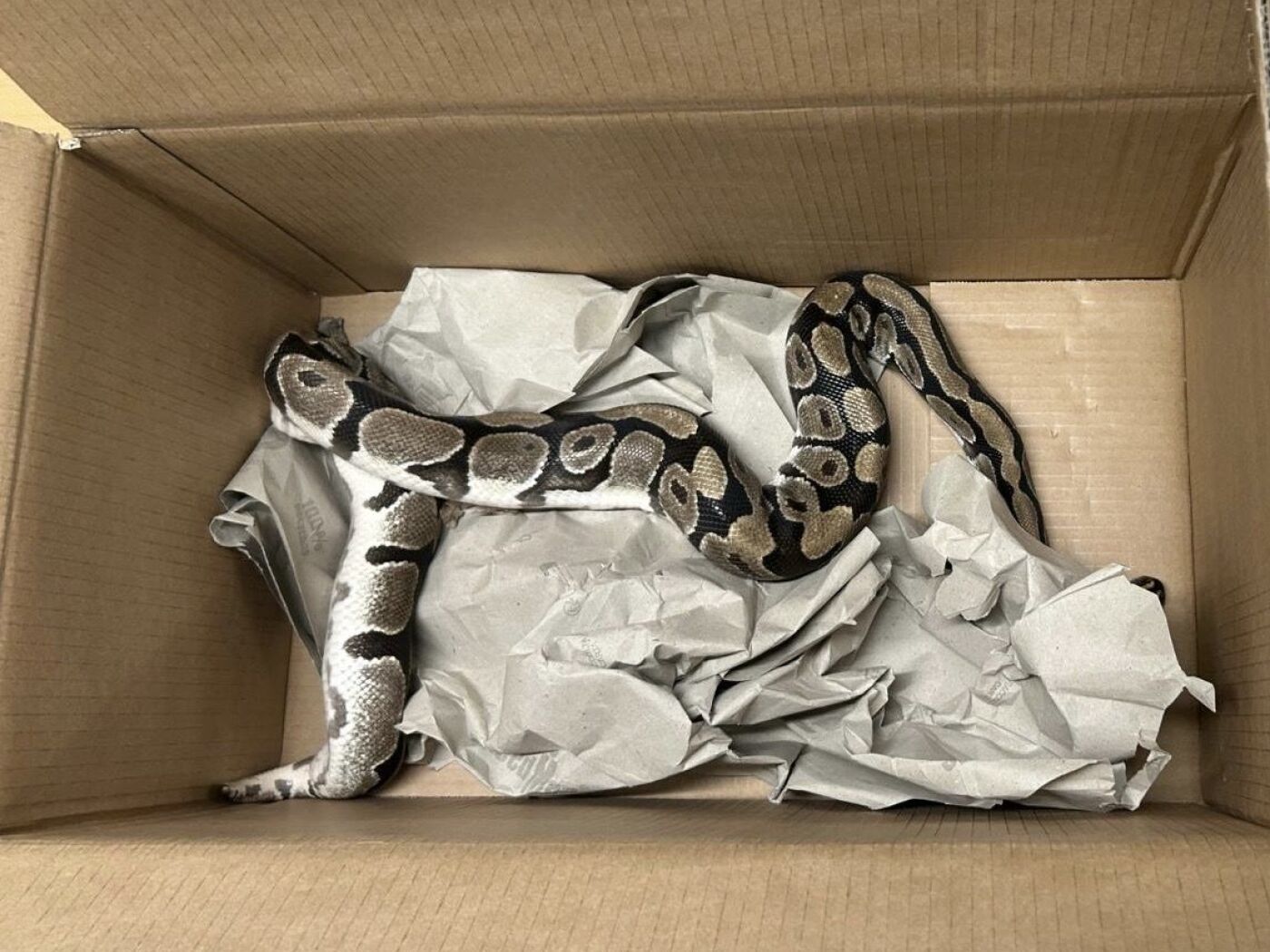Swiss prosecutors reportedly probing Russia sanctions breaches

Two commodity trading firms based in the Alpine nation are alleged to have bypassed sanctions on Russia via subsidiaries abroad, according to Swiss public radio, SRF.
The suspicion which has been circulating for some time has been confirmed: commodity trading companies are said to have circumvented Swiss sanctions against Russia by means of subsidiaries, based for example in the United Arab Emirates or other Gulf states.
After the Russian attack on Ukraine, Switzerland, like the EU, restricted trade in Russian commodities – for example, by introducing price caps on Russian oil and other petroleum products. The aim is to reduce the amount of money available to Russia for waging war.
+ Swiss traders and Russian oil: the background
Because of the sanctions, commodity trading companies have shifted business away from Switzerland and towards subsidiaries, particularly in the Gulf States, which have not imposed comparable sanctions against Russia. But circumventing the sanctions in this way can be illegal: for example, if money flows between the parent company in Switzerland and the subsidiary abroad. Or if business instructions are sent from Switzerland to the subsidiary.
Serious charges
The State Secretariat for Economic Affairs (SECO) has long been keeping an eye on at least three commodity trading companies for possible violations. The suspicions have now been strongly substantiated in the case of two companies, for which SECO has classified the offences as particularly serious, and therefore handed over the results of its investigation to the Office of the Attorney General of Switzerland (OAG) for further prosecution. Reliable sources have confirmed this to Swiss public radio, SRF.
+ Switzerland adopts latest EU sanctions against Russia
The two cases could mark a first: not since the Russia sanctions came into force has the OAG taken over such investigations into violations. According to the Swiss Embargo Act, this is only possible in particularly serious cases; SECO can follow-up and punish minor offences itself.
The OAG and Seco have not yet commented on the two cases. In response to an enquiry, the OAG wrote merely that various investigations are underway. As a first step, the OAG must decide whether to initiate formal proceedings.
SRF knows the name of one of the two commodities firms in question. Via a lawyer, the company told SRF that it had not been contacted by the OAG. The companies face a maximum fine of CHF 1 million ($1.13 million). The presumption of innocence applies.
This news story has been written and carefully fact-checked by an external editorial team. At SWI swissinfo.ch we select the most relevant news for an international audience and use automatic translation tools such as DeepL to translate it into English. Providing you with automatically translated news gives us the time to write more in-depth articles.
If you want to know more about how we work, have a look here, and if you have feedback on this news story please write to english@swissinfo.ch.

In compliance with the JTI standards
More: SWI swissinfo.ch certified by the Journalism Trust Initiative


















You can find an overview of ongoing debates with our journalists here . Please join us!
If you want to start a conversation about a topic raised in this article or want to report factual errors, email us at english@swissinfo.ch.